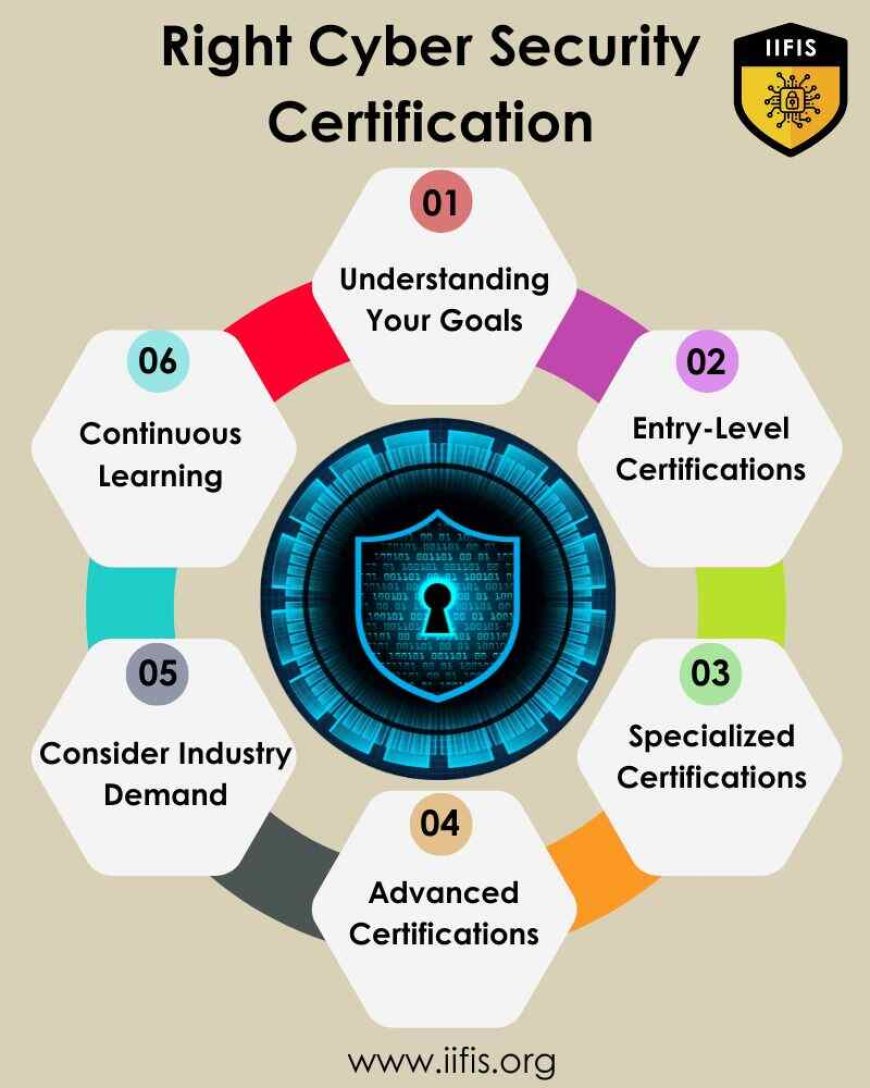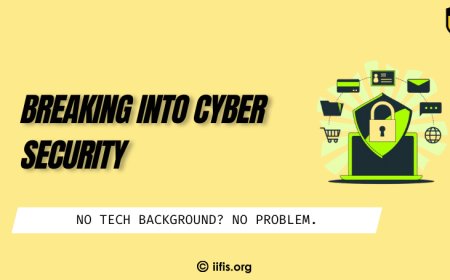Practical Applications of Cyber Security Certifications
Explore real-world applications of cyber security certifications. Enhance your skills and safeguard digital assets.

Organizations in all industries face a challenge in improving their digital defenses due to the growing danger of cyber security. With extortion and data breaches among the more sophisticated assaults, cybersecurity understanding is critical. However, inexperienced and seasoned professionals still face problems crossing the knowledge disconnect between theory and practice. People who want to protect sensitive data and critical systems fail to manage the complicated world of cybersecurity properly.
Organizations are under pressure to secure digital assets as soon as possible, thus they are looking for qualified experts who can meet these risks head-on. Still, the issue remains: How can people close the gap between awareness and action? In this context, cybersecurity certificates stand out as markers of competence because they provide an organized method to verify knowledge and display applied skills.
Choosing the Right Cyber Security Certification Path for Your Career
Cybersecurity holds greater significance than before in the current digital environment. Because cyber dangers constantly evolve, businesses and organizations require experts to safeguard their systems and data. But how can you pick the best job route when there are so many certification options available? Let's dissect it.
-
Understanding Your Goals:
Understanding your professional objectives is important before diving into the expanse of cyber security certifications. Would you like to work as a cyber security consultant, security analyst, or security tester? Selecting the most suitable information will be made simpler if you know your job goals.
-
Entry-Level Certifications:
Entry-level certifications such as CompTIA Security+ or Certified Information Systems Security Professional (CISSP) Associate may provide a strong foundation if you're just getting started in the area. These certifications address foundational ideas in cryptography, risk management, and network security.
-
Specialized Certifications:
Given your interests and planned professional path, you might want to think about obtaining specialized certificates after you have gained some experience. For instance, the Certified Ethical Hacker (CEH) certification can be a good fit if ethical hacking is your thing. Similarly, certifications such as AWS Certified Security Specialty or Certified Cloud Security Professional (CCSP) may be useful if you're interested in cloud security.
-
Advanced Certifications:
You could consider obtaining further certifications as your profession progresses to show off your knowledge and reliability. In the sector, certifications like the Offensive Security Certified Professional (OSCP), Certified Information Systems Security Professional (CISSP), and Certified Information Security Manager (CISM) are highly regarded and can lead to senior-level roles.
-
Consider Industry Demand:
The industry's requirement for a certification should be taken into account. Find out which certifications businesses in your target sector value most by looking through job listings and talking to specialists in the field.
-
Continuous Learning:
Given how quickly the world of cyber security is developing, it's critical to keep up with new developments and technologies. To stay on top of things, think about getting back to school and obtaining additional degrees.

How do cyber security certifications improve job prospects in the IT industry?
-
Validation of Skills: Certifications provide proof that you possess the fundamental cybersecurity knowledge and abilities. Certifications are a common criterion used by employers to evaluate an applicant's level of experience.
-
Increased Credibility: Having qualifications verifies your expertise specifically in cybersecurity domains and lends credibility to your CV. Employers may find you more appealing as a result of this.
-
Competitive Advantage: Having certificates can help you stand out from other applicants in a competitive job market, even if you don't have the official qualifications. It displays your dedication to lifelong learning and career advancement.
-
Access to Opportunities: When interviewing for cybersecurity positions, many organizations actively search for people who have the necessary certifications. Possessing the appropriate certifications can help you access work prospects that you might not otherwise be able to.
-
Career Advancement: In the IT sector, certifications can also help you grow in your job. They show that you are committed to becoming an expert in your profession and may open doors to promotions or higher-paying positions.
-
Industry Recognition: Several certificates are highly valued by employers and are commonly accepted in the job market. Having these certificates might help you shine during job interviews and leave a lasting impression.
-
Skill Enhancement: Getting certified can improve your chances of securing a job and increase your understanding of cybersecurity principles and best practices. This not only gets you through the certification examinations but also gives you practical experience and useful skills.
Obtaining cybersecurity certifications will improve your chances of finding work and advancing your career in the IT sector by providing a concrete demonstration of your knowledge, reliability, and commitment to the field.
The Role of Cyber Security Certifications
Validation of Expertise:
-
Certifications prove a person's proficiency in cybersecurity. They provide proof that a person has mastered particular ideas, methods, and technology in the industry.
Standardization:
-
Certifications define the minimum knowledge and abilities that cybersecurity professionals should have. This promotes uniformity and excellence in the industry in general.
Employment Qualification:
-
When filling cybersecurity jobs, many companies prefer or require individuals with relevant certificates. Having qualifications can help people stand out from other candidates on the job market and improve their chances of getting hired for roles they want.
Specialization:
-
Many cybersecurity certificates are available, with each one focusing on a distinct set of skills like risk management, network security, ethical hacking, and compliance. Professionals can specialize in particular cybersecurity domains by selecting certificates that correspond with their interests and professional goals.
Continuing Education:
-
It is common for professionals to need to continue their education and training to maintain their certifications. This keeps their abilities up to date and helps them stay informed about the latest cybersecurity trends, technologies, and dangers.
Cybersecurity certifications allow professionals to effectively protect businesses by validating skills, standardizing information, and serving as job qualifications. People can customize their professional pathways with certifications ranging from entry-level CompTIA Security+ to specialist ones like Certified Ethical Hacker (CEH). Senior jobs can be attained with advanced certificates like the Certified Information Systems Security Professional (CISSP) and the Offensive Security Certified Professional (OSCP). Remaining competitive requires taking industry needs into account, developing new skills constantly, and improving existing ones. Certifications are necessary for career growth in IT security because they not only improve job opportunities but also raise the bar for professionalism in the cybersecurity industry.
























